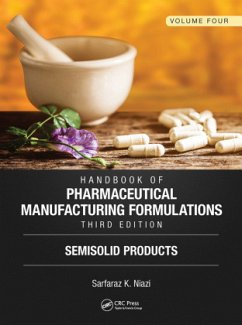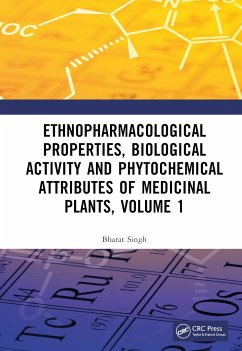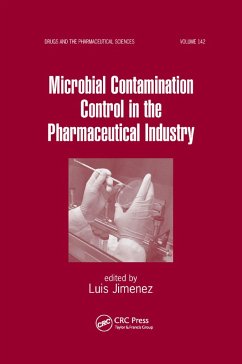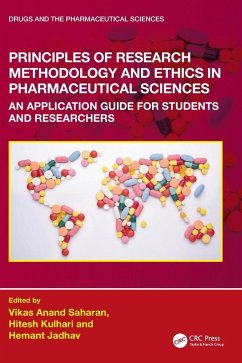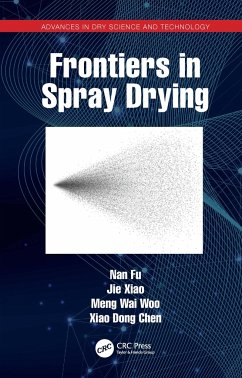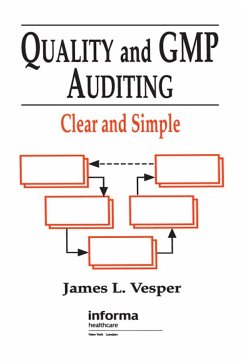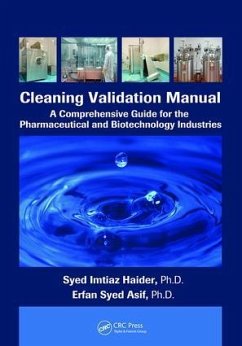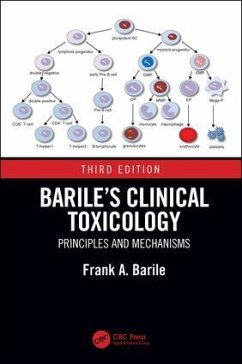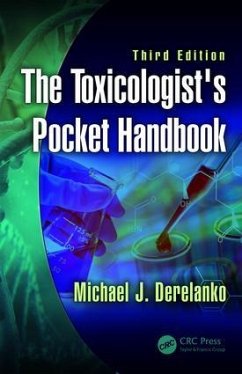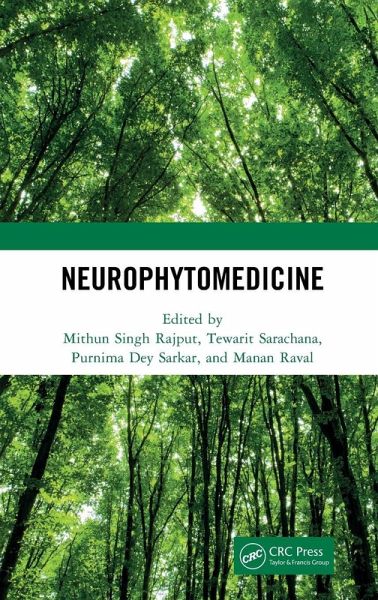
NeuroPhytomedicine
Versandkostenfrei!
Versandfertig in 6-10 Tagen
133,99 €
inkl. MwSt.
Weitere Ausgaben:

PAYBACK Punkte
67 °P sammeln!
Neurological disorders categorized as neurodegenerative, neuropsychiatric, and neurotraumatic impose a substantial health burden and cause a frail impact on life attributes. The use of synthetic drugs can have undesirable side effects, making neurotherapeutics challenging. Research on neuroprotection aiming for the utilization of safer natural compounds; phytochemicals specifically - is a cutting-edge approach. NeuroPhytomedicine intends to present readers with a wide-ranging and state-of-the-art appearance at the beneficial properties of phytochemicals on various neurological ailments.It addi...
Neurological disorders categorized as neurodegenerative, neuropsychiatric, and neurotraumatic impose a substantial health burden and cause a frail impact on life attributes. The use of synthetic drugs can have undesirable side effects, making neurotherapeutics challenging. Research on neuroprotection aiming for the utilization of safer natural compounds; phytochemicals specifically - is a cutting-edge approach. NeuroPhytomedicine intends to present readers with a wide-ranging and state-of-the-art appearance at the beneficial properties of phytochemicals on various neurological ailments.
It additionally contains sections explaining:
Applications of phyto-nanotechnology in neurological ailmentsPhytoconstituents related deep learning and machine learning-based solutions for neurological disordersEpigenetic relevance pertaining to modulation by phytochemicals
The goal of NeuroPhytomedicine is to give readers a thorough and up-to-date look at how phytochemicals affectthe brain and neurological illnesses in a way that is helpful for research scholars, academicians, scientists, neuroscientists, physicians, and researchers from the pharmaceutical industry.
It additionally contains sections explaining:
Applications of phyto-nanotechnology in neurological ailmentsPhytoconstituents related deep learning and machine learning-based solutions for neurological disordersEpigenetic relevance pertaining to modulation by phytochemicals
The goal of NeuroPhytomedicine is to give readers a thorough and up-to-date look at how phytochemicals affectthe brain and neurological illnesses in a way that is helpful for research scholars, academicians, scientists, neuroscientists, physicians, and researchers from the pharmaceutical industry.





